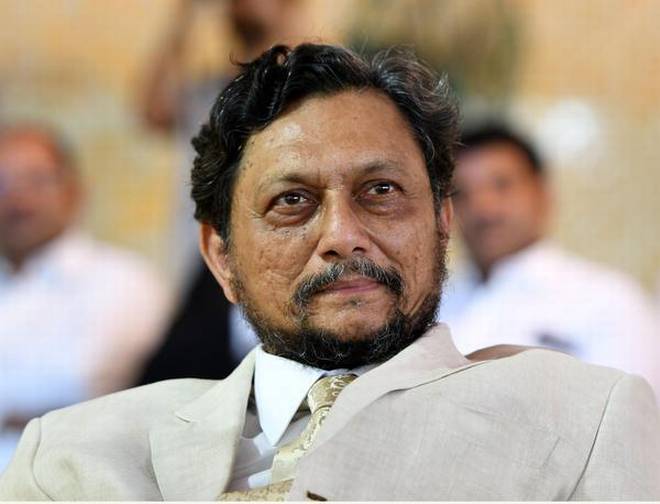In a stern warning to all the protesters (against Citizenship Amendment Act) who have resorted to violence, the Chief Justice of India- SA Bobde has said that all the cases related to the act will be heard only after rioting, violence and destruction of public property stops.
Senior Advocate Indira Jaisingh, who was representing the students, argued that police action against students is a violation of human rights and appealed the apex court to take Suo moto cognizance in the case.
On this, CJI Bobde said, “Just because they happen to be students, it doesn’t mean they can take law and order in their hands, this has to be decided when things cool down. This is not the frame of mind when we can decide anything. Let the rioting stop.”
In the last few days, more than two dozen petitions had been filed in the apex court against CAA, including one by Jairam Ramesh, the All Assam Students Union and the former king of Tripura. A three-judge bench headed by CJI Bobde heard senior advocates Indira Jaising, Colin Gonsalves and Vrinda Grover, who raised the Jamia students’ plea in the court.
The CJI ruled that the apex court will hear the case on Tuesday if the violence stops by then.
“We want peace. If violence continues and destruction of public property continues we don’t want to hear the case. Just because they are students they cannot take the law into their own hands,” Bobde said. “We are not opposed to peaceful demonstrations but if you want to take to the streets, take to the streets,” he added.
The CJI has maintained that the rule of law must be respected. A country where the citizens- even if they are students- violate the rule of law and do not fear the law enforcement agencies becomes chaotic. If there is no rule of law, the law of jungle- where big fish will eat small fish or survival of the fittest will prevail.
The left-liberal cabal, which has a very western concept of a university- where it is considered a sacred space and therefore police are not allowed to enter- created much controversy on social media over Delhi police entry into Jamia Milia Islamia University.
In many universities of the country like- JNU, Allahabad University, Jadavpur University, where unlawful activities have become common occurrences and therefore police are forced to enter the university.
In the late 70s and 80s, Jadavpur University in West Bengal became a hotbed of Naxalism activities, the Vice-Chancellor of the university had been killed by the Naxals. Many students, sympathetic to Naxal cause got the training to make bombs.
Allahabad University, which used to be ranked among the best universities a few decades ago, became the centre of unlawful activities like bomb-making, hooliganism as well as murder in student body election in the last few years. The government gave police an order to enter the university to prevent unlawful activities and slowly all criminal activities were stopped with police vigilance. In BHU too, the government used police force and PAC to prevent unlawful activities by students.
Similarly, a permanent police station inside the Anugrah Narayan Magadh Medical College and Hospital in Gaya was set up to prevent the unlawful activities by the students. There was little law and order inside the campus and the step was very much wanted.
A few days ago, Visva-Bharati University in Shantiniketan became the first university to have a permanent central government security force. The government employed Central Industrial Security Force after the Vice-Chancellor asked for the same to maintain the law and order situation in the university.
Delhi Police has not entered the university willingly; it was forced to do the same because of the anti-social elements, who were not even students, entered the university to escape. CJI’s stern message to the rioters, and anti-social elements, who have resorted to violence, reinforces that the government and the judiciary are on the same page when it comes to enforcement of the law.
